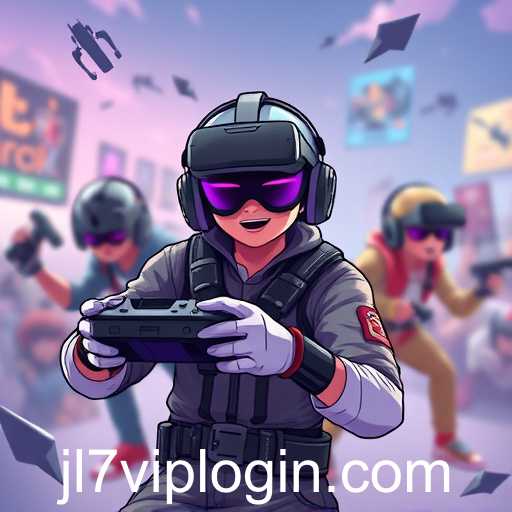The world of gaming has become an integral part of modern education, offering innovative solutions to traditional teaching methods. With the advancement in technology, educational institutions are integrating games into their curriculum to enhance student engagement and learning outcomes. This shift represents a significant trend in educational dynamics, which is crucial to understand as we move further into the digital age.
The use of games in education is not just about making learning fun. It's about leveraging the interactive and immersive nature of games to foster critical thinking, problem-solving, and creativity among students. Platforms and websites, identified by keywords like 'jl7', are becoming valuable resources for teachers who aim to incorporate gaming strategies into their teaching methods.
Reports suggest that educators are seeing positive changes in students who are engaged through game-based learning. This approach allows for personalized learning experiences, where students can learn at their own pace and style, leading to a more comprehensive understanding of the subject matter. Furthermore, with real-time feedback mechanisms inherent in games, students receive instant evaluations, enabling them to improve continuously.
However, the integration of gaming in the classroom has its challenges. Concerns around screen time, the quality of content, and the potential for distraction are prevalent among parents and educators. It is crucial to strike a balance and ensure that the educational aspect of games does not take a backseat.
The role of technology in education continues to evolve, and gaming is at the forefront of these changes. As we progress, it's vital to monitor the impact of game-based learning and adapt strategies to maximize its benefits. As more data becomes available, it is expected that the methodologies will become more refined, offering even greater educational value.
In conclusion, the inclusion of gaming in education marks a dynamic shift in how knowledge is imparted. Stakeholders in education must stay informed about these trends and be adaptable to changes to ensure effective learning experiences for future generations.








